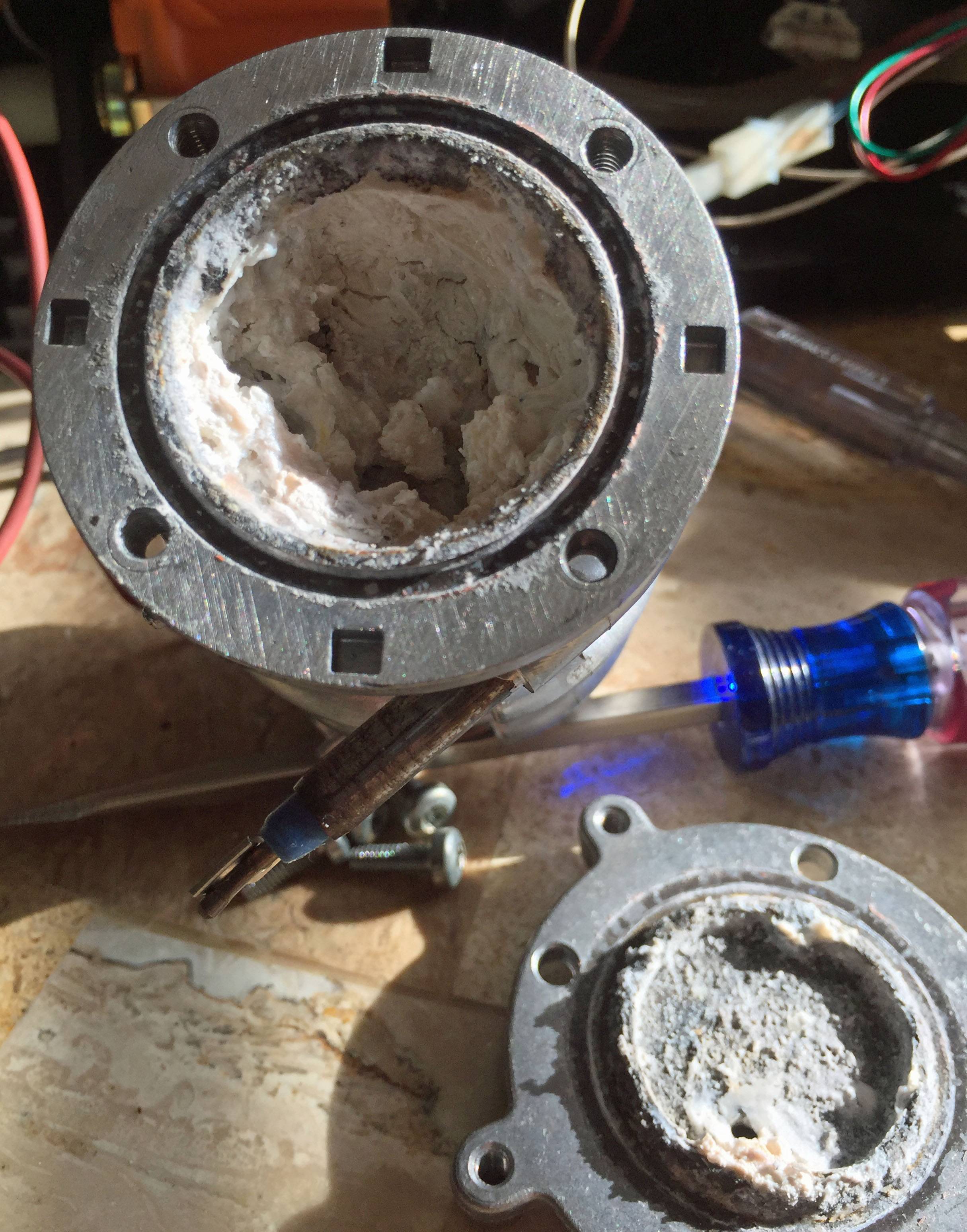Does boiling water reduce its hardness, or on the contrary, increase it?
It seems there are ambivalent phenomena at play here:
- boiling will evaporate pure water, thus increasing the concentration of minerals including calcium, thereby increasing hardness
- boiling will remove $\ce{CO2}$, making apparently $\ce{CaCO3}$ precipitate, thereby reducing hardness
This is based on rather uncertain sources, as I didn't find any better, and maybe I missed other aspects.
I would appreciate any clarification, but I understand that the answer might depend on the context and type of water considered.

